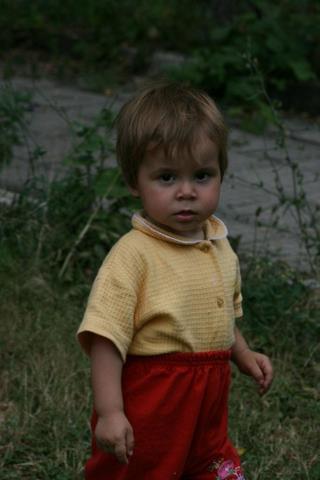13
Feb
February 13, 2012
 Over the weekend, USA TODAY sent out an alert that Russia is once again calling for suspension of adoptions to U.S. parents. Once again families that are in the adoption process are left searching for possible alternatives. In the alert it was announced that there may be a temporary ban until an agreement can be reached between Russia and the U.S. about permitting Russian monitors to visit the homes of Russian children adopted by American families after placement.
Over the weekend, USA TODAY sent out an alert that Russia is once again calling for suspension of adoptions to U.S. parents. Once again families that are in the adoption process are left searching for possible alternatives. In the alert it was announced that there may be a temporary ban until an agreement can be reached between Russia and the U.S. about permitting Russian monitors to visit the homes of Russian children adopted by American families after placement.
Russia and the U.S. signed a bilateral agreement last year in July which included several important points changing the adoption process in Russia. Some of the points included that prospective adoptive parents must undergo psychological testing and that families must use an agency that is both Hague accredited and accredited by Russia. The temporary ban is likely a reaction by Russia to the seemingly light sentence that was issued on February 3rd to Theresa McNulty who had abused her Russian child. In the information released about this case, it was brought to light that the abuse had been suspected as early as 3 years prior, but had not been reported. McNulty received a sentence of 23 months with the possibility of parole in 8 months.
Within the past 15 years there have been more than 60,000 children adopted by U.S. families from Russia. What are the other choices families have when considering Russian adoption? In a recent blog, we shared how Bulgaria was bucking current adoption trends, and how Bulgaria has made efforts to make the adoption climate friendlier for those interested in international adoption. With Bulgaria being a party to the Hague Convention they have implemented a steady, predictable, and transparent adoption process. Families that have a desire for a more stable adoption journey and had previously considered Russian adoption may want to take the time to carefully consider Bulgaria as an alternative.
The Foreign Ministry of Russia has stated that the requirements for families will become more stringent, on top of an already complicated and strict Russian adoption process. While the requirements are thorough, families may feel less stressed by the Bulgarian adoption process. The predictability and transparency of the Bulgarian process may put families more at ease. Families considering adoption from Eastern Europe may find Bulgaria to be a stable and viable alternative to Russian adoption.
We hope that the issues between Russian and the United States come to a favorable resolution for the children needing loving homes in Russia.
